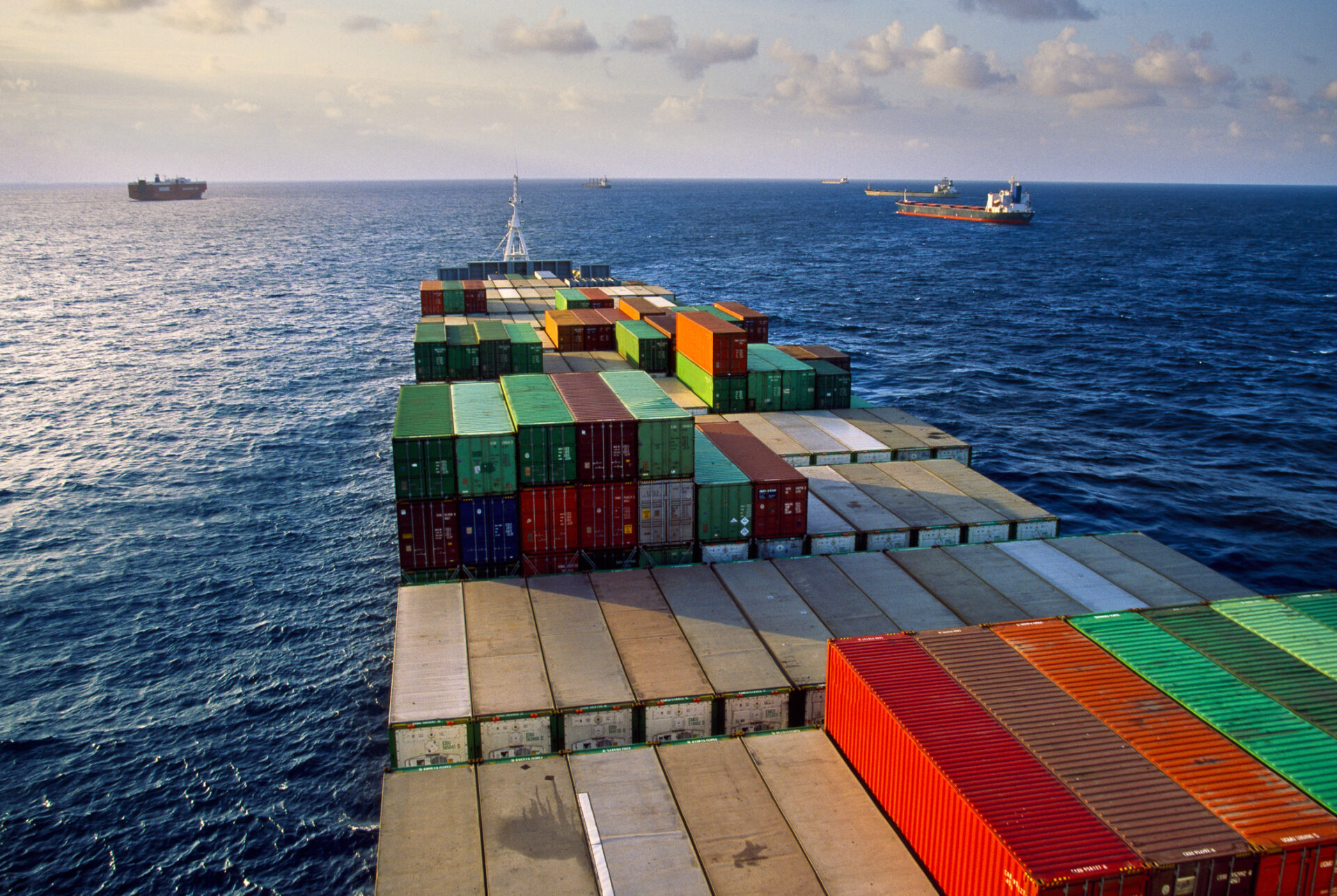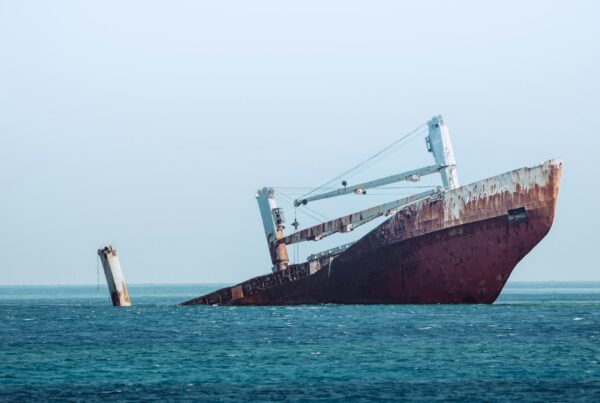Four letters that could tip the scale in ocean shippers’ favor: OSRA
The hottest topic in Congress that cargo interests see as a chance to give them some measure of control in their battles with carriers over demurrage, detention and collusive behavior now goes to conference with the House and Senate.
The Ocean Shipping Reform Act, or OSRA, has passed both chambers of Congress. The standalone version in the House and the standalone version in the Senate must now be reconciled into a single bill that can be passed and sent to the President’s desk for his signature.
Ocean shipping in the United States is regulated by the Federal Maritime Commission, or FMC. The agency, led by five Commissioners, has been actively investigating a number of issues since the pandemic began including rates, service, equipment availability and most notably, demurrage and detention.
Cargo owners have felt powerless against the remaining handful of foreign-flagged carriers who have antitrust immunity to collaborate on issues like vessel sharing, space allocation and sailing schedules. For shippers who neither own vessels nor their own containers, however, the decisions taken by an industry that had estimated profits of $110 billion in 2021 which exceeded the previous decade combined and are on track for more of the same in 2022 have many scratching their heads and asking questions that raised questions among a bipartisan group of lawmakers – no small feat in today’s polarized political environment.
A summary of the bill which passed the House lays out the intent of their version of the legislation.
Among other provisions, the standalone version in the House linked above:
- sets forth requirements for operating a shipping exchange involving ocean transportation in the foreign commerce of the United States;
- requires ocean common carriers to report to the Federal Maritime Commission (FMC) each calendar quarter on total import and export tonnage and the total loaded and empty 20-foot equivalent units per vessel that makes port in the United States;
- requires the FMC to publish and annually update all its findings of false certifications by ocean common carriers or marine terminal operators and all penalties assessed against such carriers or operators;
- revises annual reporting requirements for the FMC on foreign laws and practices to include practices by ocean common carriers;
- prohibits ocean common carriers and marine terminal operators from retaliating or discriminating against shippers because such shippers have patronized another carrier, or filed a complaint;
- directs the FMC to establish rules prohibiting ocean common carriers and marine terminal operators from adopting and applying unjust and unreasonable demurrage and detention fees;
- authorizes the FMC to initiate investigations of an ocean common carrier’s fees or charges and apply enforcement measures, as appropriate;
- directs the Department of Transportation to seek to enter into an agreement with the National Academy of Sciences to study the U.S. supply chain industry, including data constraints that impede the flow of maritime cargo and add to supply chain inefficiencies; and
- provides authority for the FMC to issue an emergency order requiring ocean common carriers or marine terminal operators to share directly with relevant shippers, rail carriers, or motor carriers information relating to cargo throughput and availability.
Unsurprisingly, the World Shipping Council – the trade association representing carriers – feels that this is regulatory overreach and micromanagement by the government which will only make things worse for shippers. A bill introduced in the House seeks to remove their antitrust immunity altogether.
The question given the number of blanked sailings, weeks-long waits for berths, and lack of export equipment in key agricultural markets is really whether or not it can get any worse? We’ve spoken to our importers and exporters and the nearly unanimous answer we receive is, “We’d rather not try to imagine such a scenario.”
So where we sit today is that the House and Senate conferees haven’t yet been named to work out their version. The largest amount of pressure that will be exerted on lawmakers will be to strike provisions that hold carriers accountable for things such as certifying charges for demurrage and detention.
Given the current state of affairs and the FMC’s to date seemingly limited leverage to drive transparency and get answers for shippers, it seems likely that few, if any, in Congress will want to be seen coming down on the side of a handful of foreign carriers instead of the American shipping public.



